A summary of insights from the HR Forum 2022 in Amsterdam
A summary of insights from the HR Forum 2022 in Amsterdam
I’m here in Amsterdam because I was speaking at the HR Forum, a two-day conference.
The audience was from all over the world, France, Croatia, Albania, Kosovo, Ireland, Malta, Azerbaijan, Romania and many other countries.
I wanted to share with you some key insights that I got from the event
First of all, my thesis that I was putting forward is that, given that there is so much conversation now around inflation and around talent retention, as well as acquisition.
To me, it makes absolute sense now more than ever to teach your staff how to be more financially literate, as well as financially resilient and where I was coming from with that point of view was that.
1. It helps your staff.
2. It helps everybody handle inflation.
3. It helps your employer brand.
But I really wanted to point out the issue that this is creating because according to an FRS recruitment study that has just been published, 62% of people recruiting now saying that inflation is affecting the recruitment. 39% of people are saying that salary is the biggest issue when it comes to recruiting. Now, of course, I understand salary is all to do with what you're paid to do, what you're paid to do your work. If you give people the ability to make the most of that, well then of course that can add extra value to the money that people are getting in the first place.
I did some research into this, and I particularly want to see how deep these money issues were in different ways. First of all, according to CNBC, 77% of Americans are anxious about their financials, and 56% are concerned about the cost of living. What I did then was, I took a look at this demographic, and 46% of Gen Z heads and 47% of millennials are living from paycheque to paycheque and about 30% are not confident that they would be able to retire with financial corporates and that is a global statistic from Deloitte. Therefore, you can see that this is a really deeply held issue. Naturally, the more that people are concerned about money, and what they're earning, well then of course that affects work. It affects relationships, it affects a variety of other things. In my thesis then is, if you can help people with that issue within the workplace, it adds a lot of value to the opportunities that you're giving people in the first place.
So then what I did was I asked people, what does financial resilience actually mean? The two words that came by more than any others were stability and freedom. That's what people consider is stability and freedom is what underpins financial resilience. So if I have the freedom to choose where I work, and if I have the stability based on what I do have, so that maybe I can handle whatever might come my way or he feels that I can handle that, or know that I'm going to have a job next week or business next week. That is what people felt that resilience actually meant.
What exactly do I think that financial literacy and financial resilience means?
Well, I think when it comes to literacy, that one is a big influencer on the other side and that there's five questions that people should be able to answer:
How can I understand what my options are?
The questions I need to ask and the people that I can talk to?
How do I know what to buy?
When to sell?
When to buy?
And that also relates to having to have a particular savings product or it's an investment product or a pension of course.
How do I reach the market? And it's not just to do with the stock market, but how do I know maybe when to fix in my mortgage?
I'm not saying that people need to know the answer to these, but they need to know how to ask question, why to ask a question or where to vote in order to get some insights on the answer.
Another one:
How do I understand my savings or investing personality?
What do I do when I feel stuck?
Feel scared or feeling ready to take action? I think all of those together that is, in my opinion, what financial literacy actually means when you are able to confidently answer those questions and a lot of those are action oriented, self-awareness oriented insights and information gathering oriented. That is what I believe financial literacy actually is.
Then we had a discussion about how that could be achieved.
And that depends on the size of the company and the number of staff and a variety of other things and we had a discussion about that. But, I just want to tell you the questions that people asked me after I put this forward.
Number one was how would you handle this in different parts of the world? Bear in mind, this was a European conference and focused on Central and Eastern European as well. So my answer to that was, you need to understand what specific issues people are facing if you're in a multinational environment and we've worked in many of them. VectorVest has a variety of products, stock market analysis and other financial literacy point of view that can be tailored to suit that. That'll be the case.
Another questions I got was,
How do you scale and personalized at the same time?
How do you build engagement with this type initiative? That's a particularly a big one.
I was talking to a lady from Azerbaijan. She said they have 900 people in her company.
They have run something like this in the past, but how do you actually build engagement or how do you encourage people to take control of this issue?
Another question I got was, how exactly to implement this on a very practical basis. I did elaborate on it, but haven't time to elaborate in this video.
If you do have any questions on this topic, or if you're doing something like this in the future, please get in touch. I'm more than happy to promote what you're doing as well, and just how you're doing it as a case study because a lot of companies are really struggling with this.
Moving on to HR Topic
Just to give you a sense of the type of challenges that are being heard across HR.
One was Feedback Mechanisms: how do you measure issues from staff are mentioned solutions from staff?
Hybrid working how do you get people back into the office?
Or how do you continue leverage the benefits of being online as well. Particularly when it comes to engagement. For example: L&D - Learning and Development initiatives that have great scale when it can be done online.
How do you find blind spots of talent? There was a big conversation around the need for more leadership at every level.
Also, some people in HR talk about the fact that they have shifting relationships from customers to colleagues. Of course, their customers are the staff themselves that are working in their environment, but they're also colleagues and of course, sometimes tough decisions. Discussions have to be had and they're often at the coalface and then have to be friends with everybody as well there afterwards.
They talked about balancing the needs of financial business targets with the person leads the employees to talk to about the challenges and also the awareness around your employer runs. Followed was the conversations been around tech tools are particularly related to skills mapping and matching of internal demand supply and also how do you enable different generations to work together? So these were the types of conversations that were had at the forum where people were saying.
These are what they wanted to get out of the conversation, and I'm going to be meeting up soon with a very good friend of mine, Caroline Reidy, and I've so much to talk to her about. Caroline is the CEO of HRSuite. So I've lots to talk to her about what I see going on around us, the views that are slightly contrasting and some are similar to what's going on in Ireland and more of Western Europe.
Now, to finally finish on this I also want to share with you some key nuggets that were taken away from the day.
Number one is Employer Brand, create an identity for staff on alignment. We had some great Croatian inspiration, we had two fabulous women Martina and Marina from Croatia at this conference We're talking about having start-stop continue workshops. I use them a lot as well in our business and particularly we like to use like Klaxzoom to do that. A French tool that is super, but I don't see many others using it.
Also, we heard about reverse mentoring, people expect that to be about, you know, younger people sharing ideas about technology with older people, it's more of a process and perspective that can be very, very useful.
Many people said a crisis can present wonderful opportunities to accelerate transformation. For the point it was well made that when the crisis is over the energy needs and to be reciprocated to give back to staff who brought in behind you a lot of people talked about reducing emails and meetings, but increasing communication and that is was arranged case studies about how that can be done.
We use Slack as a communication tool that then reduces email, I think is very important. And also, there's so much you can do to avoid over meeting culture. But that was certainly an issue that came up as well today.
People are sharing ideas about that. Also, it was pointed out at the start a successful coach relationship is for an employee to get in touch with their reality. It's really important to co create the outcome for staff. And also some people said it's important to farm for dissent within your staff. So that is a basic summary of where I'm at. I've taken some time out here this evening in Amsterdam, as I say just to think through all that I've learned and I have lost time whether I choose it follow up on this as well because of course there's no point coming to an occasion like this here. I hit the HR forum and I'm stuck what I'm going what I'm going to do and I'm going to follow up on so we live for doing that. Thank You Amsterdam
Sign up for our newsletter here to keep up-to-date on future events.




